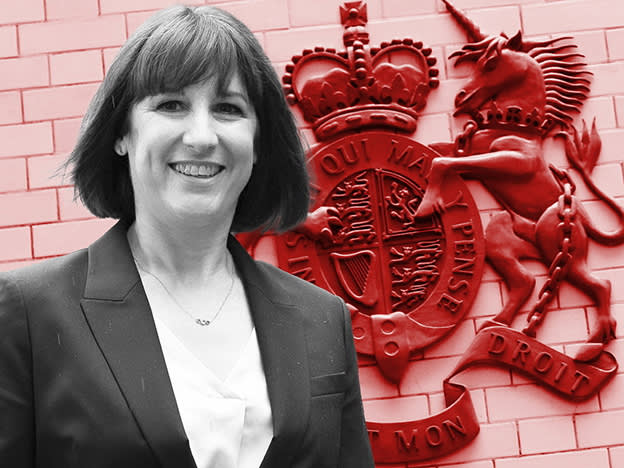In a recent report, the Institute for Fiscal Studies (IFS) has highlighted the flaws in the current Capital Gains Tax (CGT) system and called for significant reforms. The IFS argues that CGT distorts the system by incentivizing individuals to hold onto assets longer than they may want to, ultimately discouraging savings and investment.
One of the key proposals put forward by the IFS is aligning the rates at which CGT is levied with income tax rates. Currently, higher-rate taxpayers pay CGT at 20 per cent on assets other than residential property, compared to the 40 per cent rate of income tax. The IFS suggests that increasing CGT rates, along with offering more generous deductions for asset purchase costs and improving loss relief, would create a fairer and more growth-friendly tax system.
Helen Miller, deputy director of the IFS, emphasized the importance of creating a CGT system that is both fair and supportive of economic growth. She urged the government to consider these reforms in the upcoming Autumn Budget, as other avenues for tax increases have been ruled out.
While a CGT hike seems likely in the Budget, simply increasing rates without additional reform could have negative consequences. Ian Dyall, head of estate planning at Evelyn Partners, highlighted the potential impact of abolishing CGT uplift at death as a revenue-raising measure that may appeal to the chancellor.
Overall, the IFS report calls for a serious reform of the CGT system to address its current shortcomings and create a more efficient and equitable tax structure. As the government prepares for the Autumn Budget, the recommendations put forward by the IFS provide valuable insights into how CGT can be improved to benefit both taxpayers and the economy.

